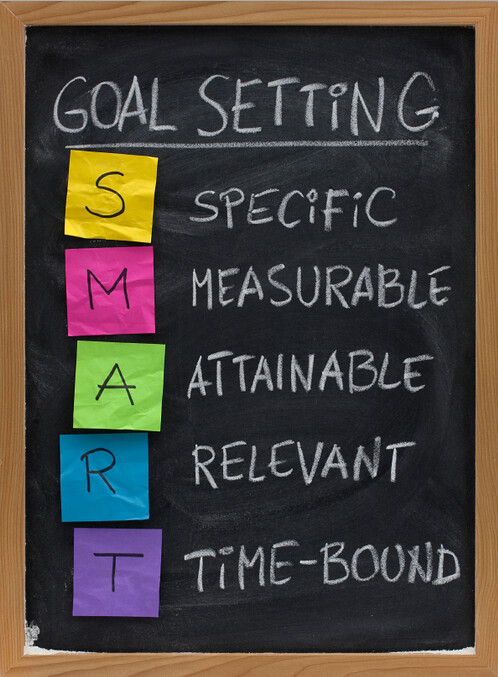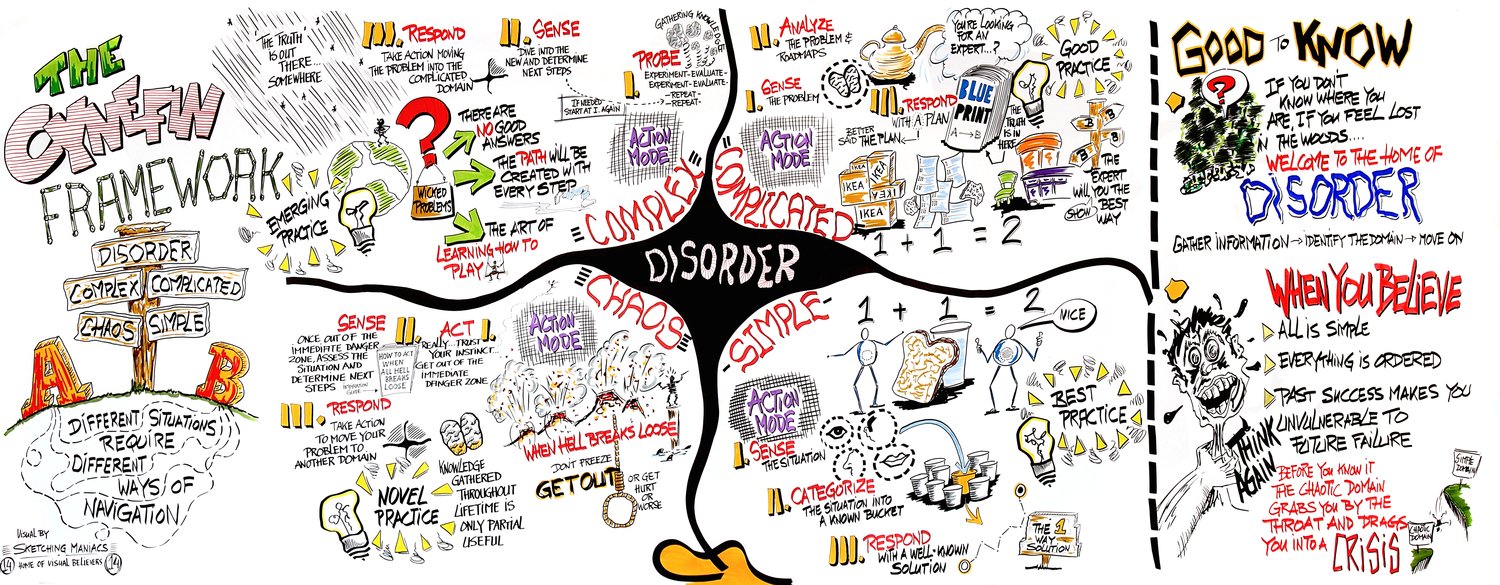For me, being a future focussed educator means that I am actively helping my students build a positive future for themselves, their children, their communities, New Zealand and the world. I believe that being a future focussed educator means letting go of the paradigms from the past, and choosing a new set that is appropriate for the advances we have made, socially, scientifically, technologically, and elsewhere.
As educators we often say that we are preparing students for the future. We often suggest that we are preparing students for jobs. In fact, many us us would go so far as to say that we have our students' and our children's best interests at heart. But do we really? How can we possibly have the best interests of our young people at heart, if our everyday choices contribute massively towards a pretty dark future, one of radical inequality, food scarcity, economical and political instability... Let me explain.
Can we call ourselves future focussed educators, if we are not actively striving to become more sustainable? Living a life that actively damages the resources of current and future generations, fiercely undermines all our beliefs of education as having an egalitarian purpose (egalitarian: "believing in or based on the principle that all people are equal and deserve equal rights and opportunities").
- Climate change threatens the very economy of New Zealand. Since our agricultural industry is currently heavily dependant on climate, it means that extended droughts, floods, etc. may impact our exports, the jobs provided through our export trade, and even our ability to feed ourselves. This of course has major impact on communities that depend on agriculture for their income.
- The current rate at which fish is being caught in the world, means that we are likely to run out of fish as a food source in my lifetime. Take a second to think about the huge number of communities around the world that depend on fishing as one of their primary food sources. How will this impact them? Did you know that Snapper, our fish and chips on the beach kiwi favourite is one of the worst possible choices you could make? Not only is some if caught through bottom trawling that completely destroys habitats, but it also further endangers our Maui's dolphin (PS: Check out the awesome Best Fish app from New Zealand Forest and Bird).
We also need to think about our throw away culture. Just think about the past two weeks, as many of us celebrated the festive season. How much did we throw away? How much of what we purchased were 'nice to haves', rather than 'have to haves'? And what was the collective environmental impact of all those 'nice to haves'? What did we throw away that could have been recycled or repurposed, reducing its environmental impact? What did we buy that was new, where second hand would have been just fine? How much extra carbon and environmental destruction did our festivities contribute?
Back to that egalitarian purpose of education, where we believe in equality. Do your choices as a consumer reflect the equality that you believe in? Take a second to look at the clothes you are wearing. Do you know where they came from? A sweat shop in China or Bangladesh? Just because you don't know where your clothes came from, does not make you any less responsible for the cycles you continue to propagate through your choices as a consumer. This might also be a good time to mention that the fast fashion industry is one of the largest contributors towards our global carbon production. If we believe in equality, then how can we justify our unethical clothing choices? What kind of a message does that send to our young people? What kind of a world does that create?
For some of us, we also might also like to think about whether our food is ethically produced? So you buy free range eggs, but is your mayonnaise made from free range eggs? Was your Christmas ham from an SPCA approved farm?
Now what?
The above are huge issues with both local and global impact. Hence, if I hope to help the students I teach be happy and successful in their futures, if I truly have their best interests at heart, then it is time I make some changes in my personal life too, not just in my pedagogy. Being a future focussed educator in my mind requires a transformational change. A change where educators take responsibility for more than just content and the best way to transmit it. Being a future focussed educator means taking responsibility for our place and impact in the world.
If, like me, you believe in helping build the best possible future for the students that we teach, then I would encourage you to join me in taking on some resolutions for 2017.
Resolution one: Accept responsibility.
I can not change you, but I can change me. I can not change the world alone, but I can certainly do my part. I will educate myself about the global issues that threaten the success of our young people, so that I might actively guard against ways that my actions might contribute in aggravating the many wicked problems looming. But I will also change my actions, through being a more conscious consumer, choosing products with sustainability and ethics in mind. I will increase the amount I recycle, reuse, repurpose.
Resolution two: Live a more sustainable life.
All those literacy, numeracy and test results will seem utterly trivial if we don't stand up and protect the critical resources all our young people need for a happy, successful future - our planet. It would be a shame if one day in the future the history books showed us too worried about tests, numeracy and literacy, than the fate of the planet.
Resolution three: Live a more ethical life.
What are we teaching our students and children about priorities? Are those new running shoes more important than the wellbeing of the people who produced them? Is a bargain for you more important than establishing whether the source of the product is ethical?





